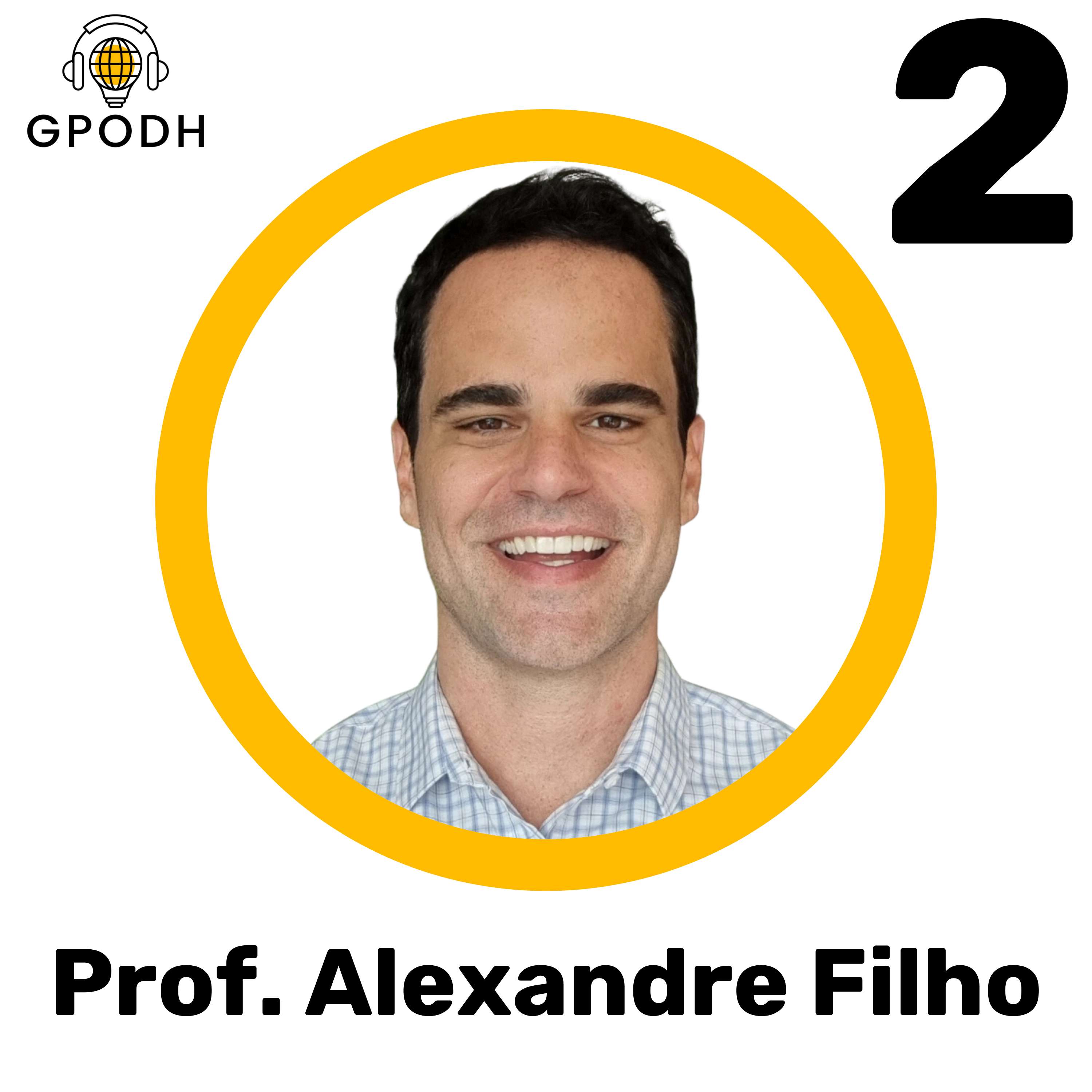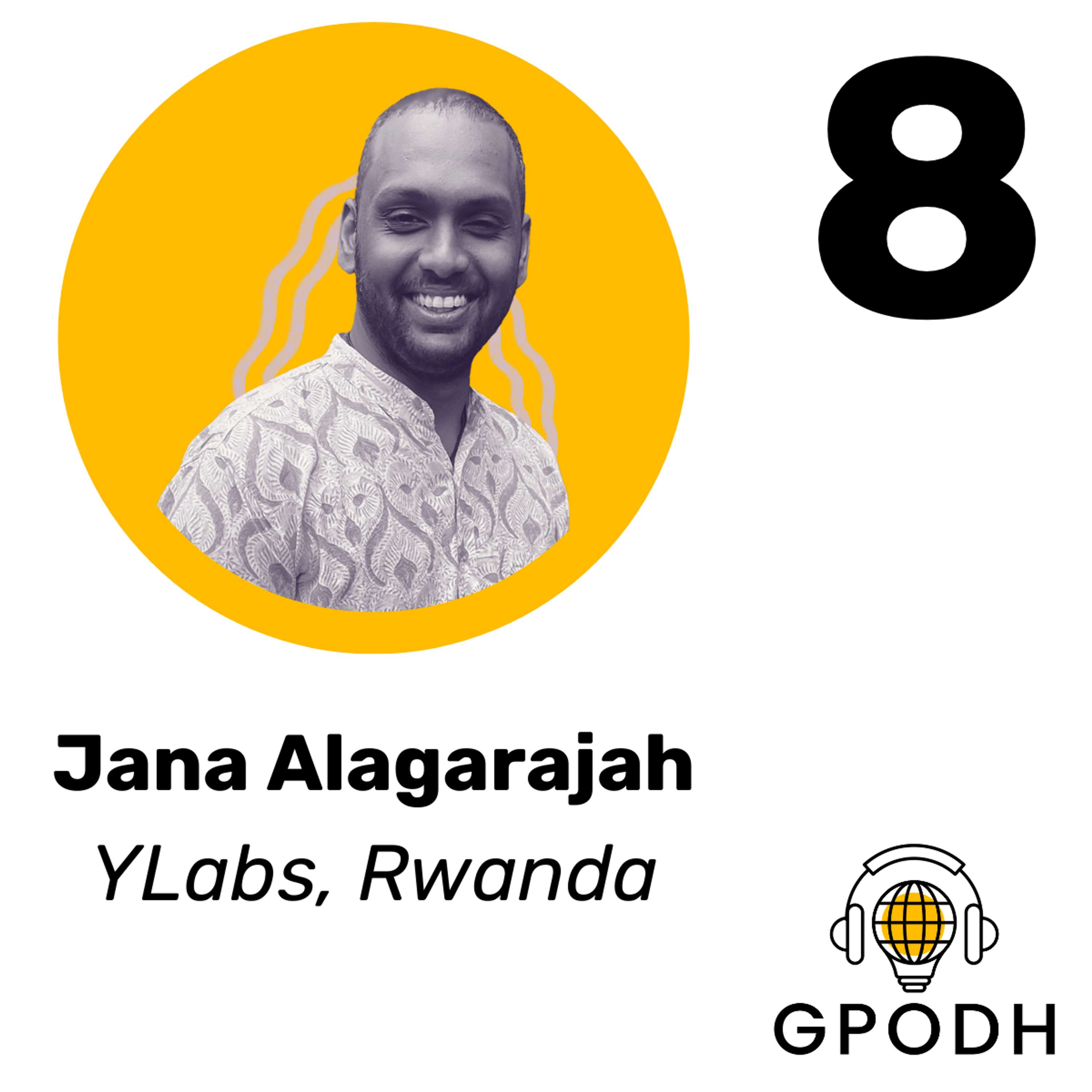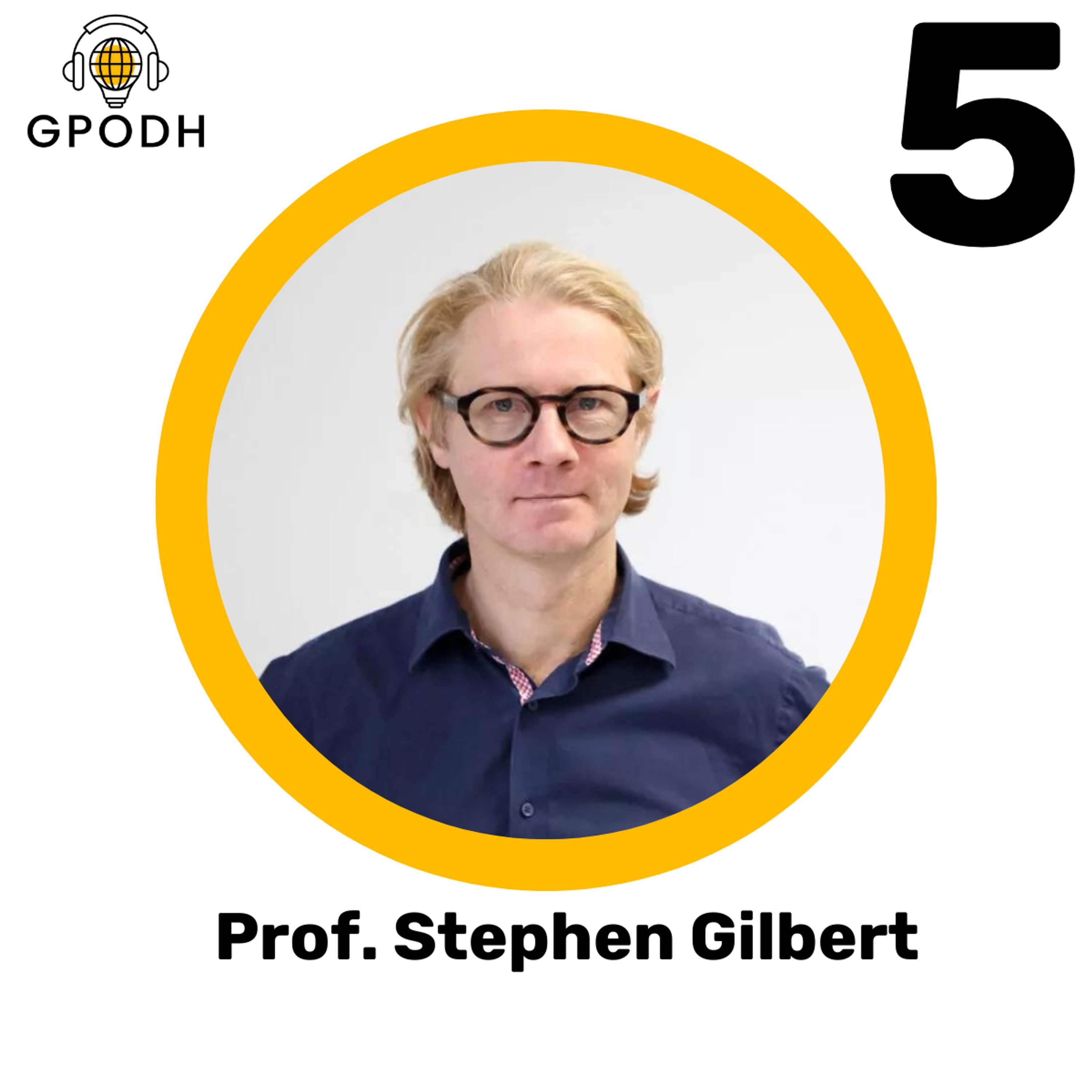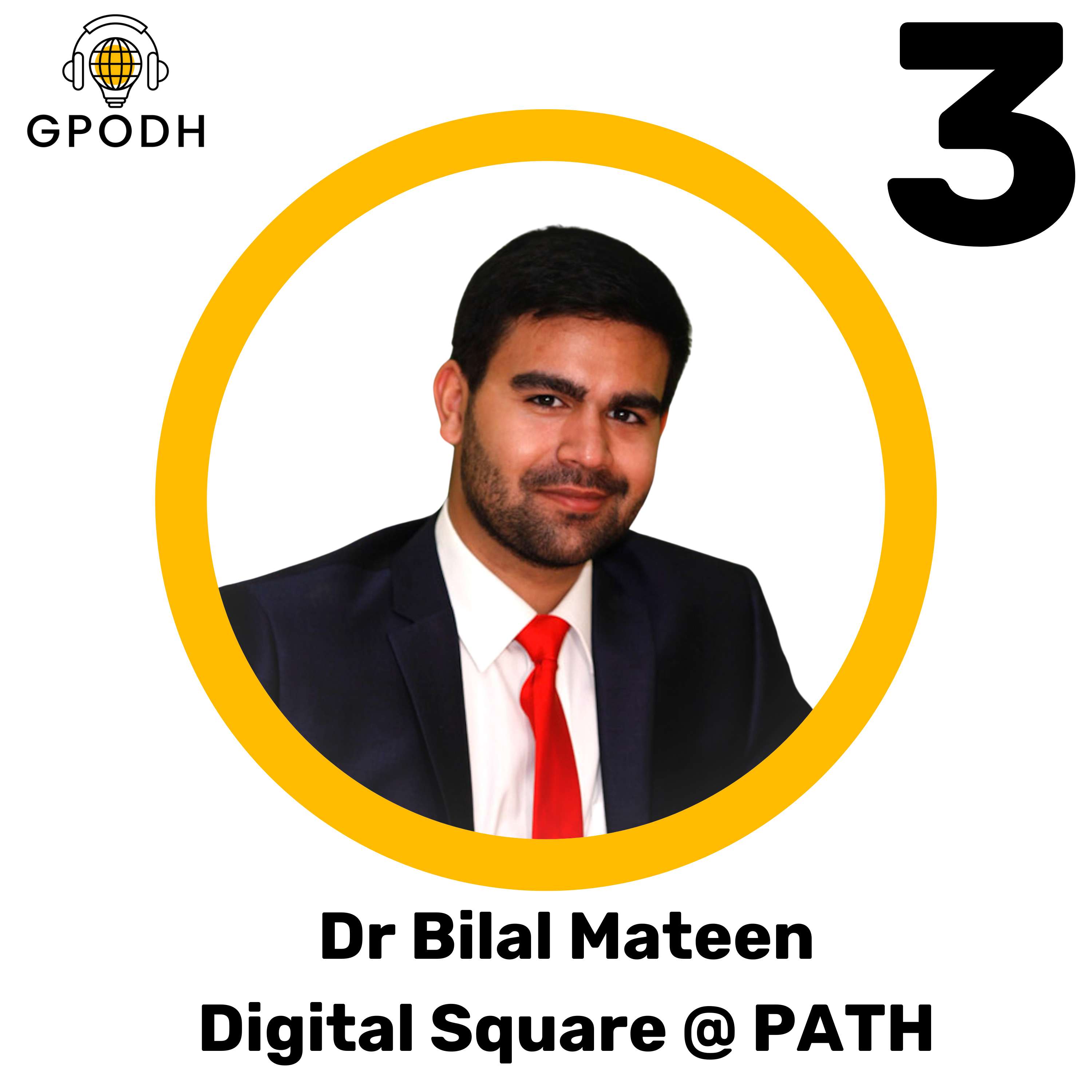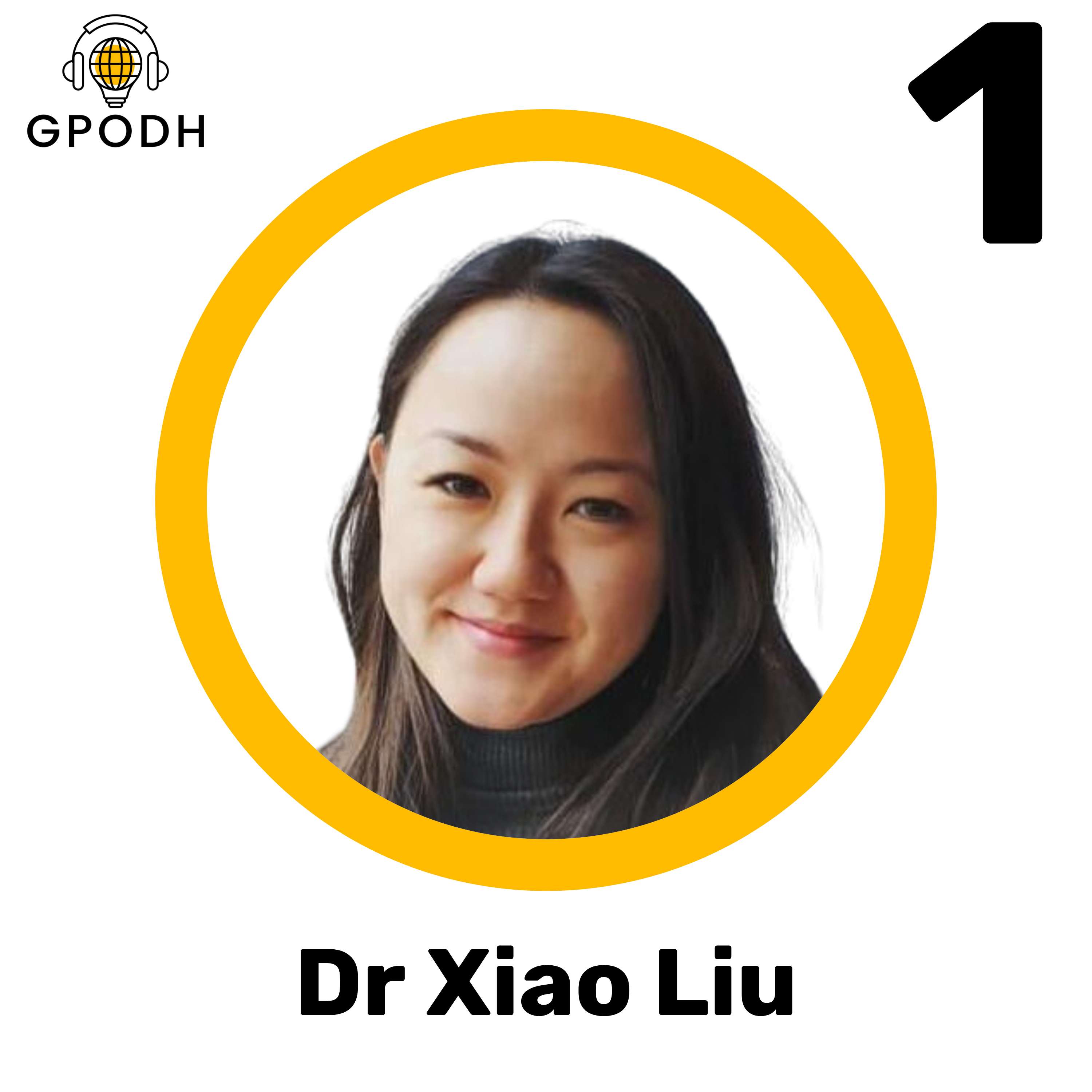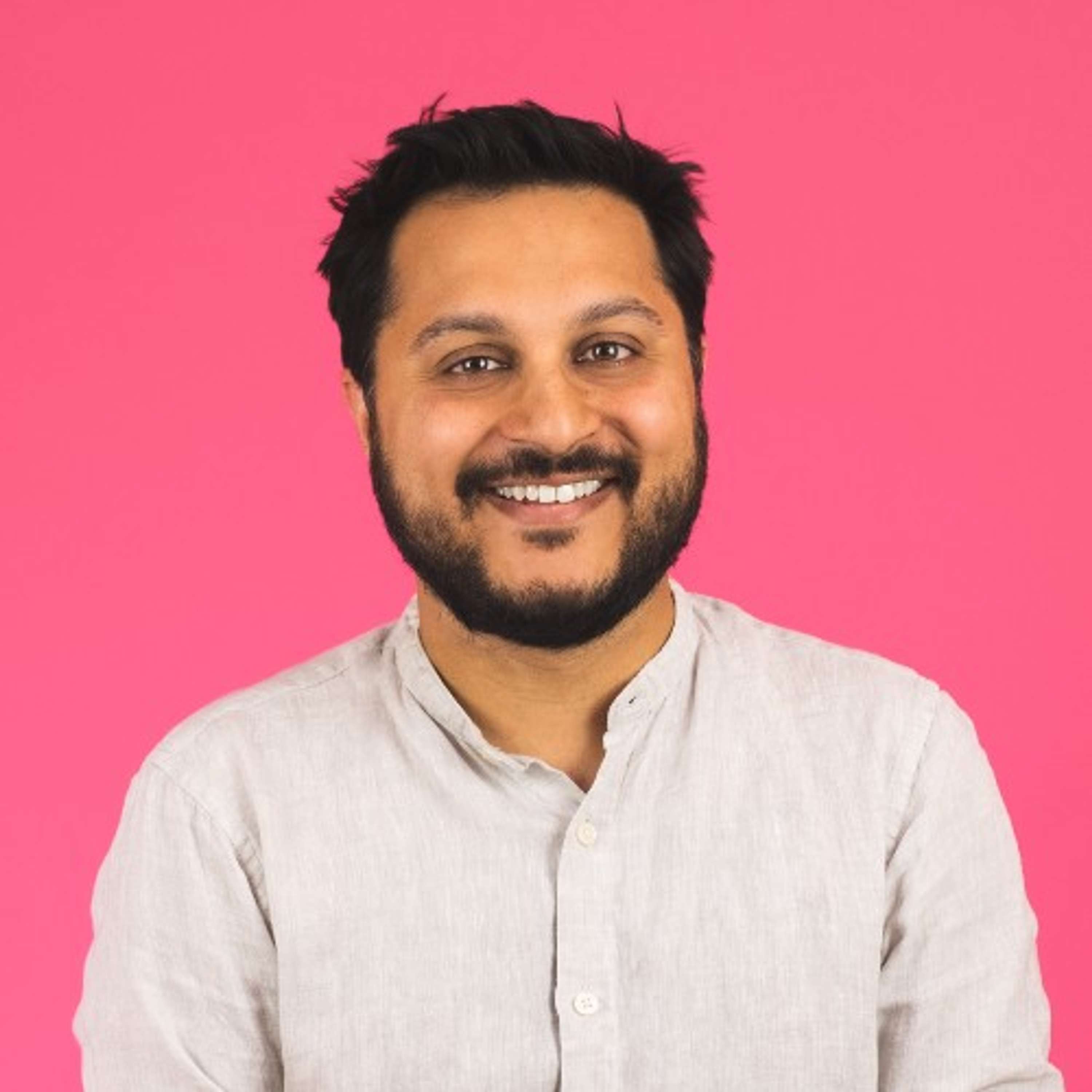Health Data Poverty Part 2 with Prof Alexandre Filho
Description
Episode 2: Practical Solutions to Health Data Poverty
In this episode, we continue our exploration of health data poverty, showcasing a team that's making a real difference based on the issues discussed in Part 1 with Dr. Xiao Liu.
We're thrilled to have spoken with Prof. Alexandre Filho, a Professor of Machine Learning in Sao Paulo, Brazil. He shared insights on how his team has been maximizing the impact of data-driven technology in Brazil. Prof. Filho's remark, "The world is becoming more like Brazil," sets the stage for a discussion on what the global community can learn from Brazil's approach to data diversity, especially in serving underserved communities.
Key Topics:
- Global Lessons from Local Successes: How Brazil's high-quality, diverse data sets serve as a model for the world.
- Overcoming Data Challenges: Tackling issues with data availability and the performance limitations of algorithms developed in affluent settings when deployed in rural areas.
- Leveraging Local Data: Details on the team's work, including a paper on neonatal mortality prediction using routinely collected data.
- Direct Benefits to Data Providers: Ensuring that those from whom data is collected see benefits from its use.
- Balancing Impact and Scalability: The trade-offs between highly tuned, local solutions and the need for scalable models that perform well across broader contexts.
- Benchmarking for Better Health: Extended efforts in the ITU/WHO focus group on AI for health, evaluating the performance of models across different LMIC settings.
- Advancing Local Impact: The use of transfer learning to enhance model performance and impact locally.
- Prof. Filho’s Recommendations: Key advice for innovators and implementers in the EU, US, and UK.
Guest Bio:
Alexandre Chiavegatto Filho is an Associate Professor of Machine Learning in Healthcare at the Department of Epidemiology, School of Public Health, University of São Paulo. He directs the Laboratory of Big Data and Predictive Analysis in Health (Labdaps), which includes a team of 30 researchers focused on developing AI algorithms to improve healthcare decisions.
Find the team's work on Google Scholar

